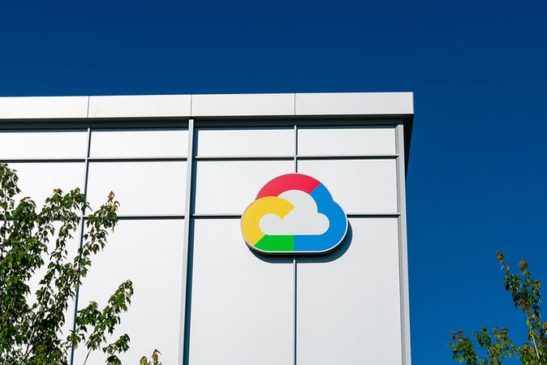The head of Google’s cloud division has said the company’s discussions with the EU will help create a “path forward” for AI development.
Google is currently in productive talks with authorities in the European Union (EU) about artificial intelligence (AI) regulations. The company and EU regulators are having early discussions about designing safe AI technology.
Google Cloud CEO Thomas Kurian told CNBC that the conversations are for the progress of the technology. Kurian also noted that the aim is to maximize AI opportunities despite its inherent risks:
“We’re having productive conversations with the EU government. Because we do want to find a path forward…These technologies have risk, but they also have enormous capability that generate true value for people.”
Kurian confirmed that Google Cloud is working on fixing several concerns the EU and other regions might have about AI. For instance, many regulators worry that it could become increasingly difficult to differentiate between human art or AI-generated art.
At the Google I/0 2023 conference in May, the tech giant announced a new feature that watermarks AI-generated images and includes metadata. In addition, Google said it would apply this feature to Google Workspace, the Bard chatbot, and Adobe Firefly. Interestingly, Microsoft also announced a similar feature for AI-generated images and videos.
Last week, Google Cloud launched an AI feature focused on combating money laundering. The firm said it is ready to release the program following a successful trial with London-based banking giant HSBC Holdings Plc (NYSE: HSBC). Google designed the Anti Money Laundering AI feature to meet banking industry governance requirements. The program significantly reduced HSBC’s batch processing time and improved detection with increased accuracy.
Regulator AI Concerns Google Should Address in the EU and Other Regions
While many are in support, policymakers worldwide are skeptical about artificial intelligence for many reasons. Among other worries, EU policymakers believe that generative AI has enabled the mass production of content that could be detrimental to creatives. AI models are trained using data and information that, when used, could infringe on an artist’s or other creative’s copyright.
Recently, the EU Parliament passed an AI draft act aimed at regulating the development, application, and growth of the technology. The act requires programs to label AI-generated content to reduce fake information. Kurian told CNBC:
“We are providing tools, for example, to recognize if the content was generated by a model. And that is equally important as saying copyright is important, because if you can’t tell what was generated by a human or what was generated by a model, you wouldn’t be able to enforce it.”
In addition to labeling AI content, the act protects users from undue surveillance. It would be unlawful for anyone to use AI for facial recognition or other kinds of potentially harmful targeting. The act would also disallow AI used for behavioral analysis or to predict criminal tendencies. Furthermore, the EU’s AI act kicks against any tools that can sway voter election decisions. In addition, Parliament would periodically review any further applications it may consider high risk.
Tolu is a cryptocurrency and blockchain enthusiast based in Lagos. He likes to demystify crypto stories to the bare basics so that anyone anywhere can understand without too much background knowledge.
When he’s not neck-deep in crypto stories, Tolu enjoys music, loves to sing and is an avid movie lover.



